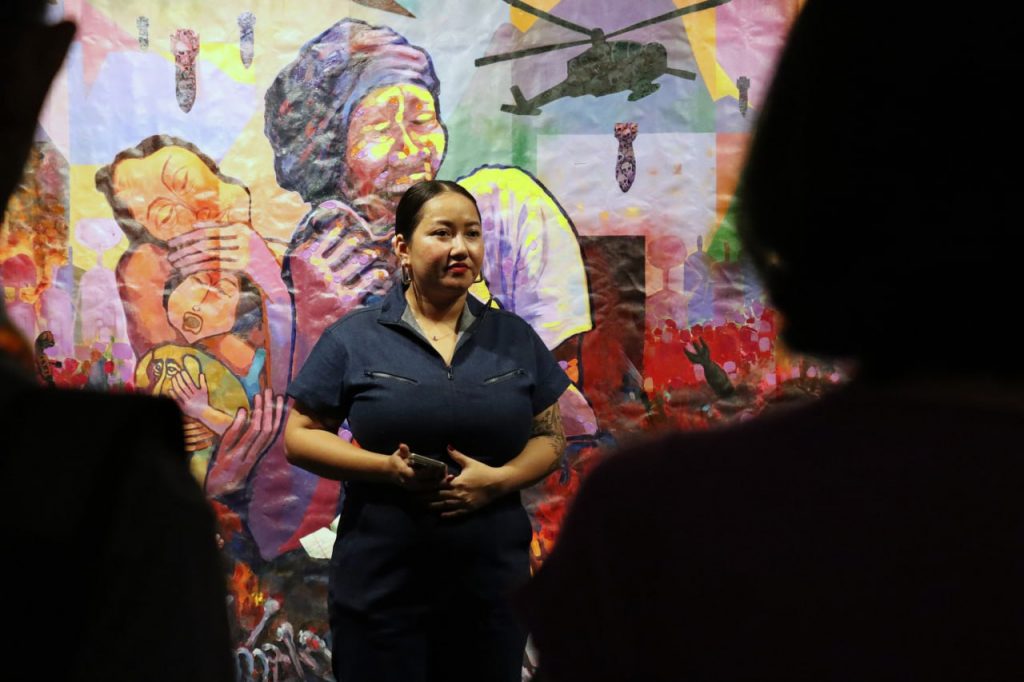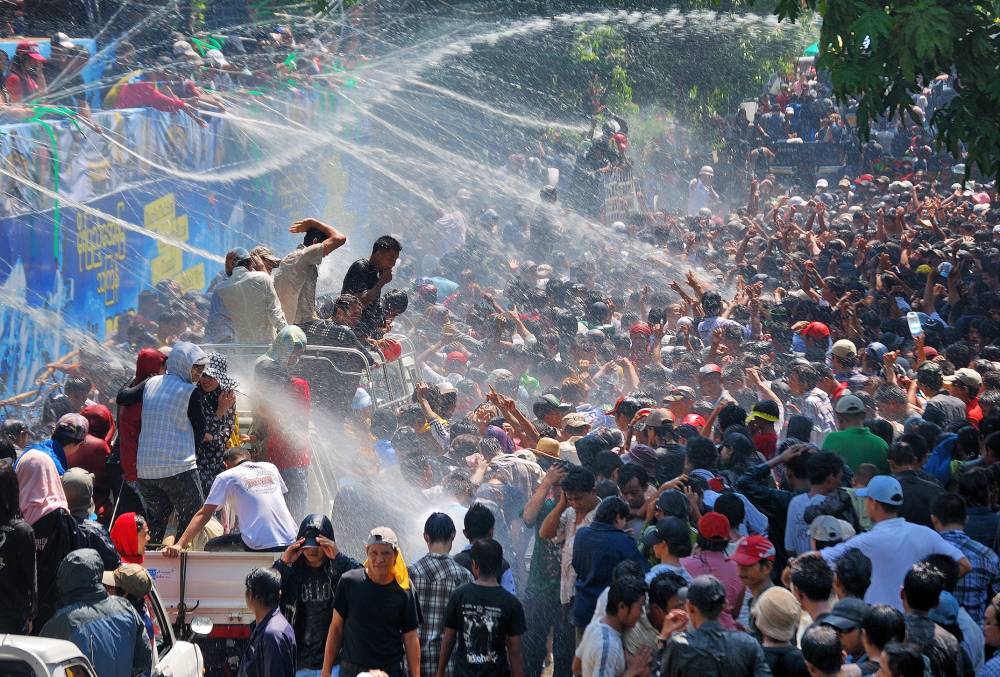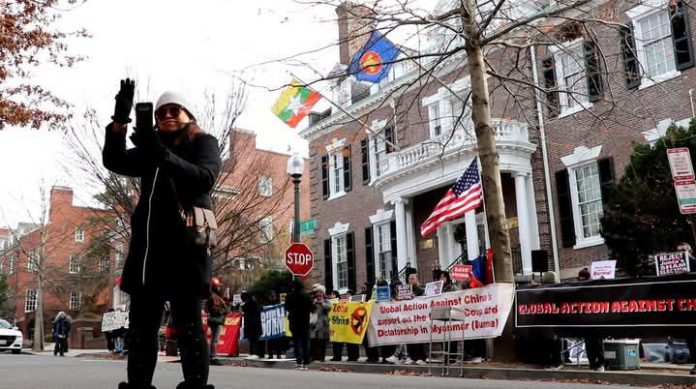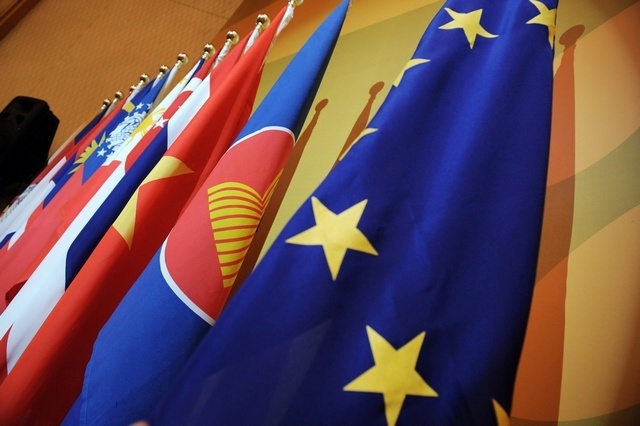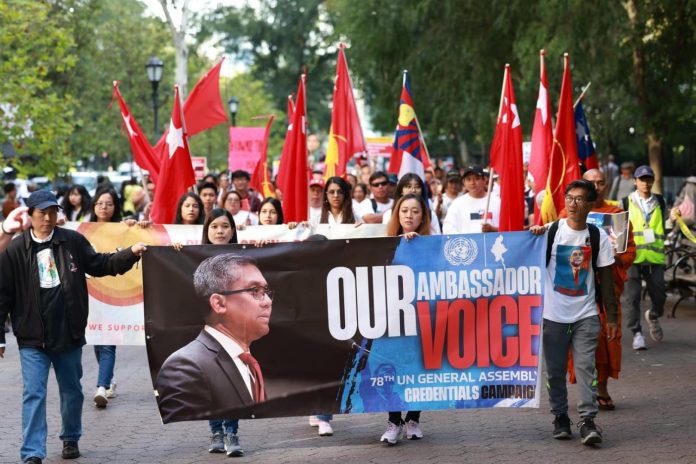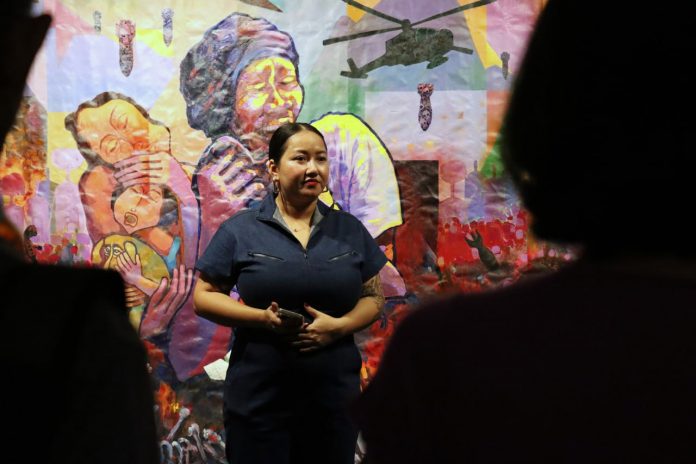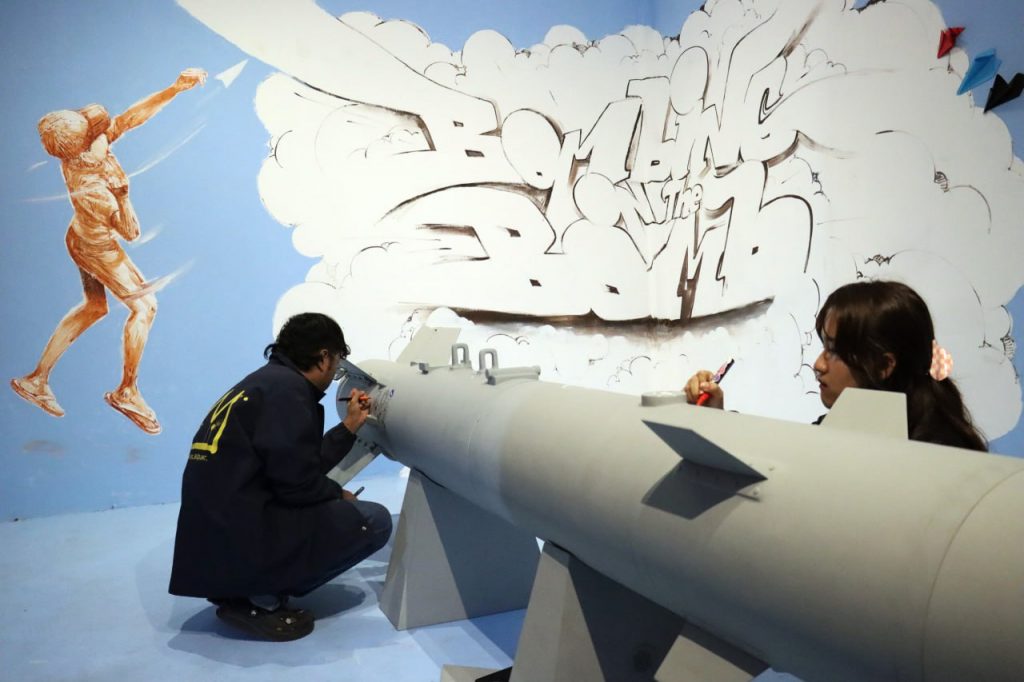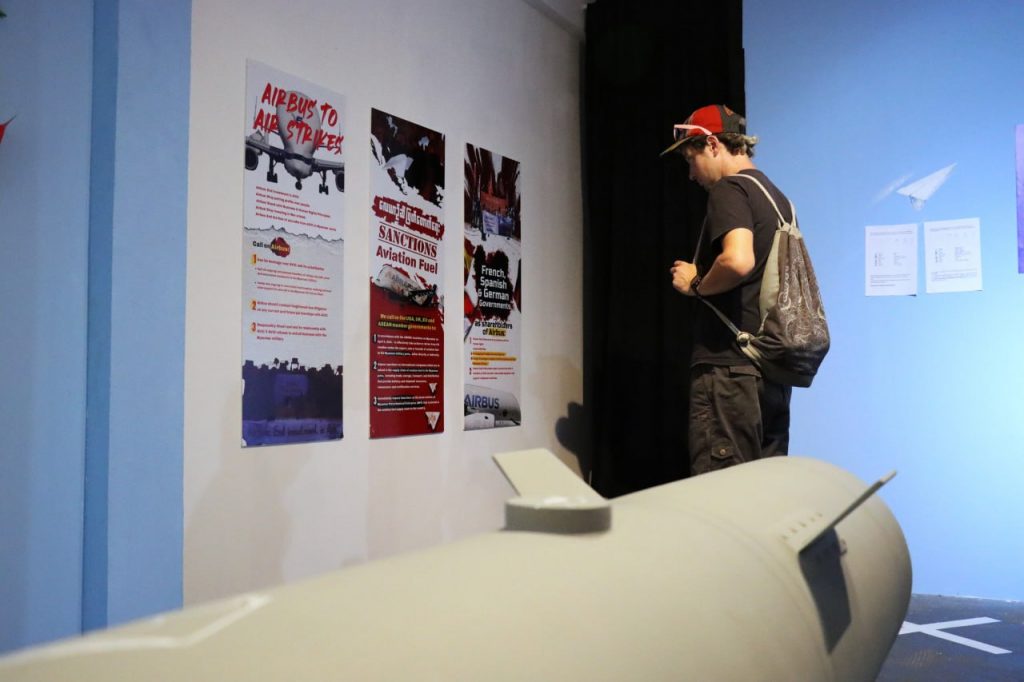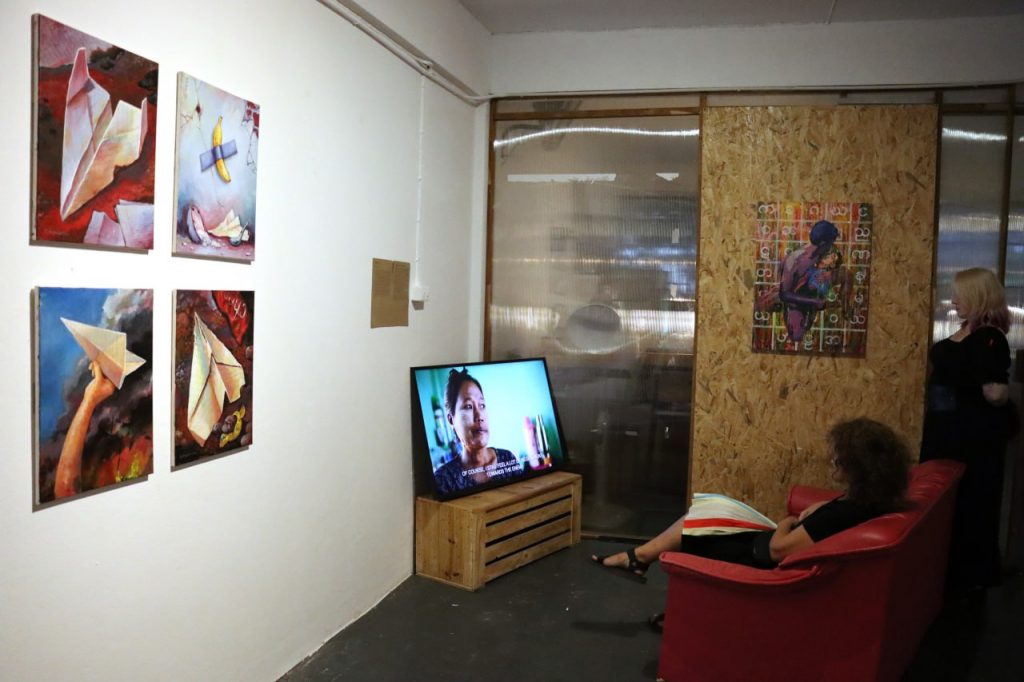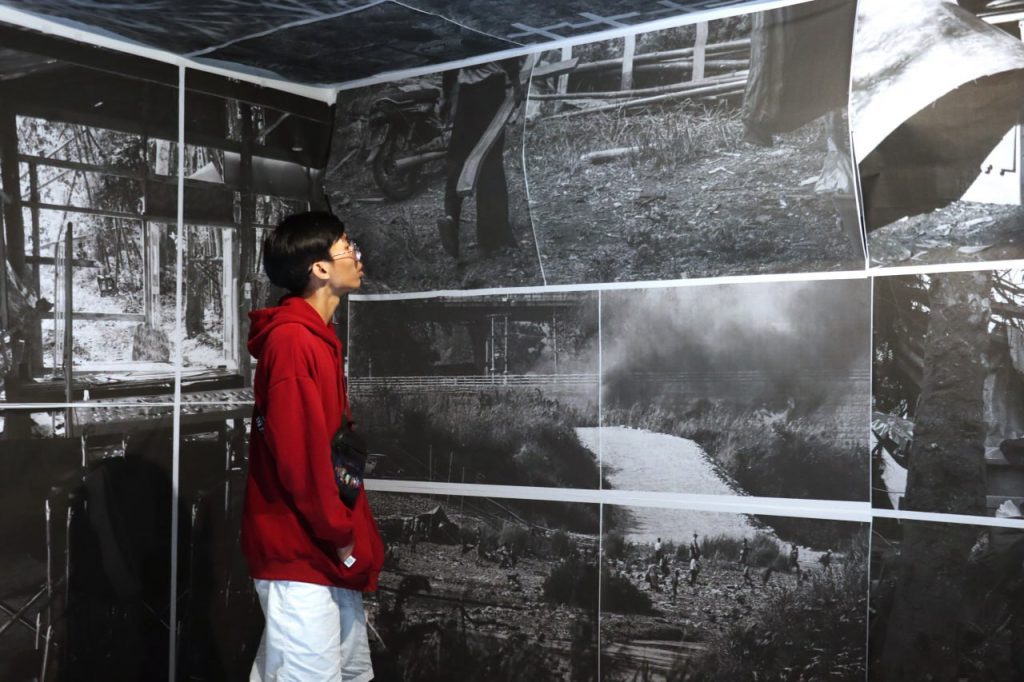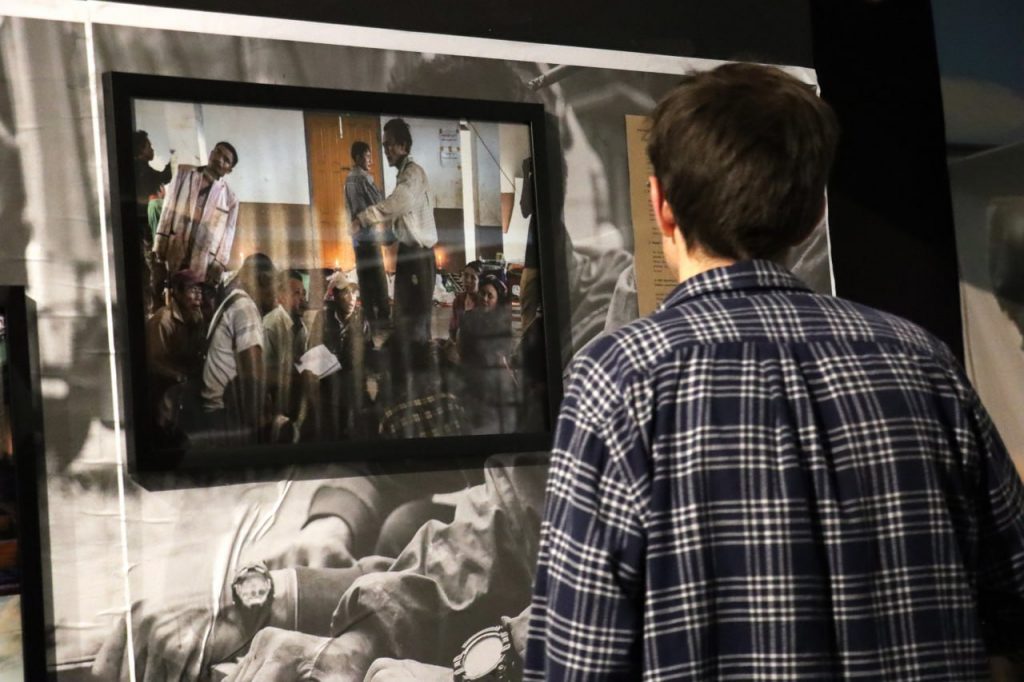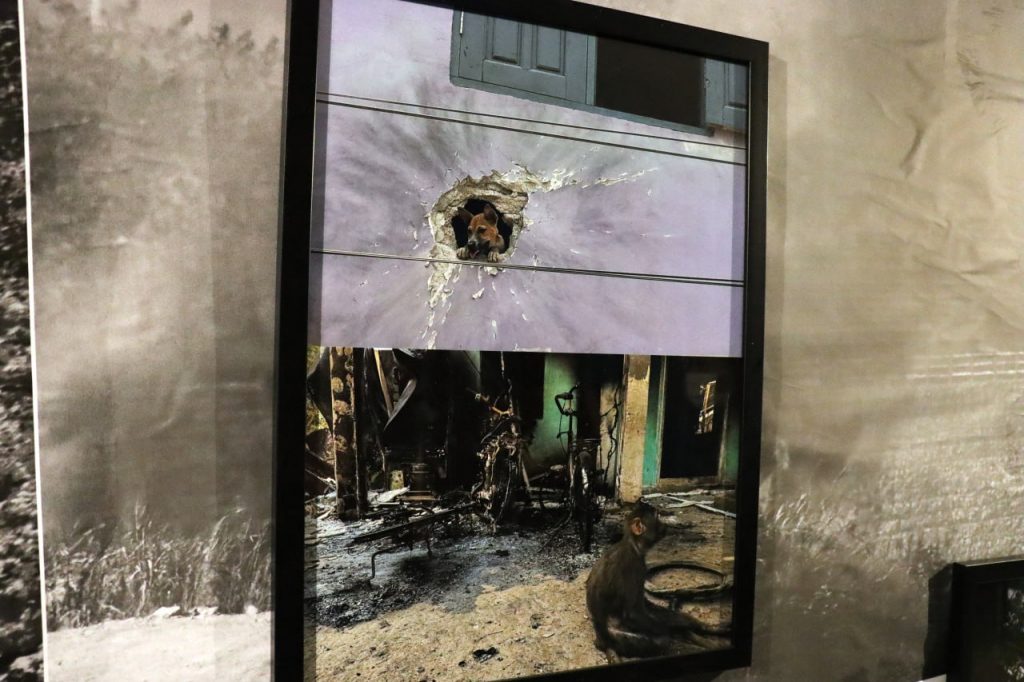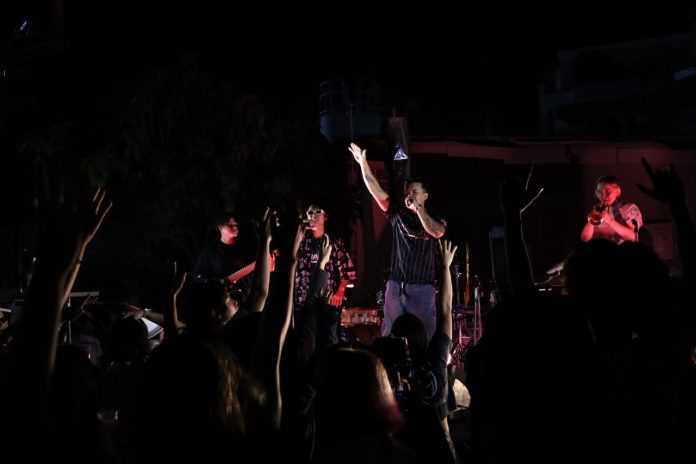Guest contributors
Majid Lenz and Nyein Chan May
On February 1, 2021, Myanmar’s military attempted to seize power in a coup, overturning the country’s democratic election results and detaining leaders of the ruling National League for Democracy (NLD) as well as civil society organisations.
The coup sparked nationwide protests, mass civil disobedience, and a violent crackdown by the military, leading to thousands of civilian deaths and the displacement of hundreds of thousands. For the European Union (E.U.), an entity that wants to represent the principles of democracy, human rights, and the rule of law, the Myanmar coup represented a profound affront to its values and perceived global role as a defender of democracy.
In response, the E.U. acted quickly, condemning the military takeover, issuing targeted sanctions, and coordinating with international partners to pressure the junta – including issuing a Joint Statement on the unlawful execution of pro-democracy and opposition leaders in 2022. The E.U. response tries to go beyond statements and sanctions; including a strategic mix of punitive measures, humanitarian support, and collaboration with the Association of Southeast Asian Nations (ASEAN) and other regional bodies to address the unfolding crisis.
This article provides an in-depth analysis of the E.U. response to the Myanmar coup, examining how European institutions have mobilised their diplomatic, economic, and humanitarian resources to support the Myanmar people. In doing so, it also explores the E.U.’s goals, limitations, and broader implications of its actions in a region where it wields limited influence.
1. Immediate EU Condemnation and Diplomatic Responses
In the days following the coup, E.U. leaders responded swiftly with strong public condemnations, signalling a unified stance in support of Myanmar’s democratic process. E.U. institutions, including the European Commission, the European External Action Service (EEAS), and the European Parliament, issued statements denouncing the junta’s actions and calling for an immediate restoration of civilian governance.
Josep Borrell, the E.U. High Representative for Foreign Affairs and Security Policy, declared the coup “an unacceptable attempt to overturn the will of the people of Myanmar,” underscoring E.U. commitment to defending democratic outcomes and human rights in the region.
According to the Directorate-General for International Partnerships (DG INTPA) of the European Commission, the E.U. does not recognize the legitimacy of the military junta, represented by the State Administration Council (SAC). This stance aligns with the Council Conclusions from February 2021. Consequently, there is no formal partnership between the EU and the de facto authorities in Myanmar.
Statements from EU leadership
Top E.U. officials publicly condemned the military’s actions. European Commission President Ursula von der Leyen emphasised the E.U.’s expectation that the Myanmar military would “immediately release those unlawfully detained” and restore democracy.
Josep Borrell, as the E.U. chief diplomat, amplified this position, urging the junta to halt violence against peaceful protestors and avoid further escalation. Borrell also highlighted the E.U.’s solidarity with the people of Myanmar and its determination to support democratic forces in the country.
In the aftermath of the Feb. 1, 2021 military coup in Myanmar, the European Parliament swiftly adopted a resolution on Feb. 11, 2021, condemning the junta’s actions and calling for firm measures against the military. Since then, the parliament has consistently denounced the junta’s illegitimate rule and violent oppression, adopting five additional resolutions and including pertinent paragraphs in two broader resolutions.
These documents have urged the imposition of targeted sanctions, advocated for support to civil society, emphasised the importance of media freedom, and called for coordinated international pressure on the junta. This unwavering stance underscores the European Parliament’s commitment to democracy and human rights in Myanmar.
Key messages and demands
The E.U.’s initial demands were clear: an immediate end to the military’s seizure of power, the release of detained officials, and respect for Myanmar’s November 2020 election results, which had overwhelmingly favoured the NLD. The E.U. also demanded that the military cease its crackdown on civilians and allow space for peaceful protests and political dissent.
As the four-year mark since the military coup approaches, the E.U. has consistently urged all parties involved to cease the use of violence. This position was reaffirmed during the Joint Ministerial Statement of the 24th E.U.-ASEAN Ministerial Meeting in February 2024, where the E.U., alongside ASEAN partners, strongly condemned the ongoing violence and called on all parties to take immediate and concrete steps to halt hostilities.
The statement further emphasised the need for creating a conducive environment for the effective delivery of humanitarian assistance and for fostering inclusive national dialogue. It is crucial to highlight, however, that the brutal airstrikes, which have resulted in the deaths of hundreds and displaced thousands, have been perpetrated solely by the military junta. This reality should be a key consideration when urging all parties to refrain from violence.
Coordination with global partners
Beyond issuing statements, the E.U. sought to amplify its stance by collaborating with international partners to create a united front. The E.U. coordinated closely with the U.S., the U.K., and other allies, as well as with regional organisations like ASEAN. While ASEAN members were divided in their responses, the E.U. supported ASEAN’s efforts to mediate a solution through diplomatic engagement, even as it recognized the challenges of achieving meaningful action given the region’s “non-interference” principles.
To further internationalise the response, the E.U. advocated for U.N. action, supporting statements from the U.N. Security Council condemning the coup. The E.U.’s stance, combined with similar calls from the U.S. and other allies, created a more coordinated global response, even as the E.U. and its partners explored additional sanctions and diplomatic measures to pressure the junta.
2. EU Sanctions and Economic Measures
As part of its response to the Myanmar coup, the E.U. also took economic action by implementing targeted sanctions and other restrictive measures against those responsible for the military takeover and the subsequent repression of civilians. These sanctions were designed to weaken the military junta’s ability to fund its operations and limit its access to resources needed to maintain control.
Initial sanctions on military leaders and entities
In March 2021, the E.U. enacted its first wave of sanctions targeting high-ranking officials in the Myanmar military, as well as key business entities directly funding the military regime. These measures included asset freezes and travel bans against individuals responsible for undermining democracy and committing human rights abuses.
By October 2024, the E.U. had launched nine rounds of sanctions targeting Myanmar’s military regime. The ninth and most recent round of sanctions was introduced in coordination with the U.K. and Canada on the same day, reflecting a unified and strategic approach by like-minded international partners.
The E.U.’s first sanctions targeted military generals, officials involved in the coup, and members of the SAC. These sanctions marked a critical step, isolating the junta leadership by restricting their international mobility and access to financial assets within EU jurisdictions.
Expansion of sanctions to key economic sectors
After sustained lobbying efforts, the E.U. gradually expanded its sanctions to target Myanmar’s economic sectors that are closely linked to the military. This included industries such as gems and precious stones, timber, and, most notably, energy—sectors that generate significant revenue for the junta. The expansion of these sanctions was aimed at cutting off the military’s access to funds, particularly from export-driven sectors that heavily rely on international trade.
The E.U. also targeted Myanmar Economic Holdings Limited (MEHL) and Myanmar Economic Corporation (MEC), two conglomerates controlled by the military with extensive interests in industries like mining, manufacturing, and real estate. By restricting business with these entities, the E.U. sought to erode the military’s revenue sources while discouraging international companies from engaging in business that might support the regime.
Impact and strategic objectives of EU Sanctions
The E.U.’s sanctions were designed to achieve several strategic objectives. First, by isolating key military figures and limiting their financial reach, the E.U. aimed to pressure the SAC to reconsider its approach to governance and its crackdown on civil liberties. Second, by targeting industries that are vital sources of revenue, the E.U. hoped to weaken its economic resilience and reduce its ability to sustain operations against pro-democracy groups and civilians.
Although the E.U.’s sanctions have contributed to international pressure on Myanmar’s military, their effectiveness has faced certain limitations. One challenge is the role of neighbouring countries, including China and Thailand, which continue to trade with Myanmar and offer the regime alternative revenue channels.
Additionally, the military’s control over domestic resources and production provides a buffer against some economic impacts. Despite these challenges, E.U. officials have emphasised the symbolic and cumulative impact of these sanctions, underscoring the E.U.’s commitment to accountability.
Broader coordination with international allies
The E.U.’s sanctions were not issued in isolation but were part of a broader international effort to apply economic pressure on Myanmar’s military. The E.U. coordinated closely with the U.S., the U.K., Canada, and other allies who imposed similar sanctions, creating a coalition that limited the junta’s ability to bypass restrictions through alternative markets. This coordinated approach was designed to maximise the impact of sanctions, sending a unified message of opposition to the junta’s rule.
By collaborating with these partners, the E.U. aimed to reduce the risk of sanctions evasion while amplifying the economic pressure on Myanmar’s military. The E.U. also worked with international institutions, including the U.N., to advocate for additional diplomatic and economic measures.
Through these sanctions, the E.U. tried to demonstrate its commitment to holding Myanmar’s military accountable for its actions while supporting the broader international effort to bring stability and democracy back to the country.
While sanctions alone may not be enough to change the junta’s behaviour, they represent a significant component of the E.U.’s approach to undermining the junta’s capacity to consolidate its power through force.
3. Suspension of development assistance and trade preferences
Alongside targeted sanctions, the E.U. adjusted its financial assistance to Myanmar to ensure that European funds would not inadvertently support the military regime. Before the coup, the E.U. had provided significant development aid to Myanmar, primarily aimed at supporting democratic institutions, education, and rural development. However, with the junta in control, the E.U. redirected this assistance.
Halting government-led development aid
Following the coup, the E.U. suspended non-humanitarian development assistance that could strengthen the junta’s authority. This decision affected millions of euros in support, particularly for government-led initiatives, signalling that the E.U. would not back projects aligned with the military’s governance. The E.U. specified, however, that it would continue to support sectors and civil society organisations operating independently of the military, to ensure aid still reached those most vulnerable.
Maintaining humanitarian support for the civilian population
The E.U. distinguished between development aid and humanitarian assistance, maintaining critical humanitarian support for Myanmar’s civilians in areas like healthcare, education, and food security. Recognizing that many communities faced severe economic hardships and displacement due to military violence, the E.U. prioritised aid to marginalised populations, including ethnic minorities and refugees.
Funds were channelled through non-governmental organizations (NGOs) and U.N. agencies operating in Myanmar to bypass the government and directly reach civilians, underscoring the E.U. commitment to minimising harm to the general population. Yet it remains important to monitor the distribution of resources, as U.N. institutions might be forced to distribute the aid through junta controlled channels.
Trade considerations and the generalised scheme of preferences (GSP)
Myanmar had benefited from the E.U. Generalised Scheme of Preferences (GSP), which grants duty-free access to the E.U. market for developing countries. After the coup, the E.U. reassessed this preferential trade arrangement.
While some E.U. officials and human rights advocates called for suspending Myanmar’s GSP status, the E.U. ultimately retained it, acknowledging that trade restrictions could worsen the economic situation for ordinary citizens. However, the E.U. made it clear that it would closely monitor trade conditions and reconsider this stance if conditions in Myanmar further deteriorated.
4. Support for civil society and democratic movements in Myanmar
The E.U. has consistently backed Myanmar’s pro-democracy movements and civil society groups as part of its strategy to uphold democratic values in the country. Following the coup, the E.U. expanded its support to grassroots organisations, human rights defenders, and media outlets working to document and resist military abuses.
Majid Lenz is the desk officer for Myanmar at Stiftung Asienhaus. Stiftung Asienhaus follows the guiding principle “Connecting people, promoting insights, shaping the future” and contributes to building bridges between civil societies in Asia and Europe.
Nyein Chan May is a student activist, co-founder and executive director of the organisation German Solidarity Myanmar, an organisation that is committed to a more decisive stance and proactive Myanmar policy on the part of the Federal Republic of Germany and the European Union.
DVB publishes a diversity of opinions that does not reflect DVB editorial policy. We’d like to hear what you think about this or any of our stories: [email protected]
